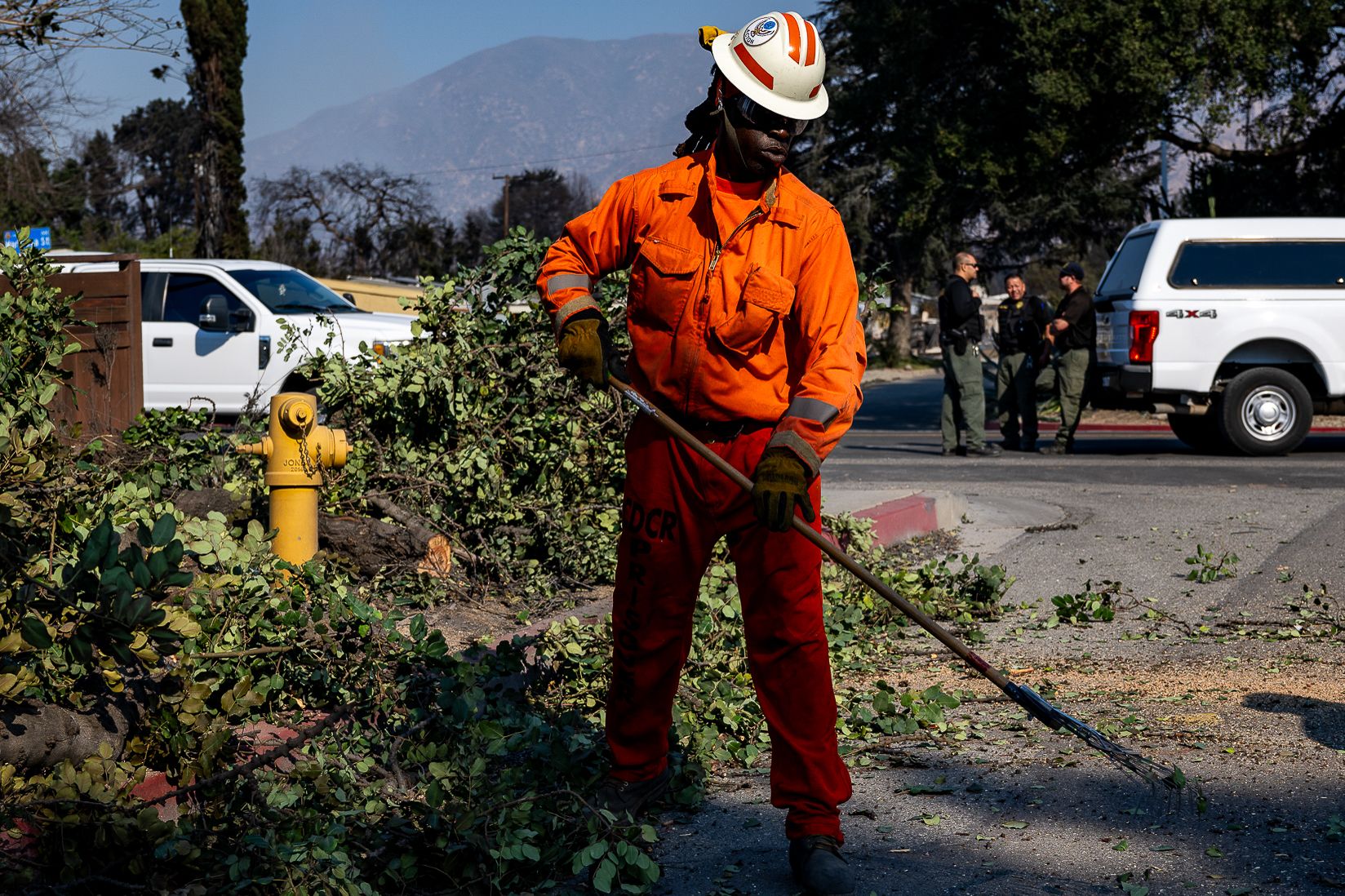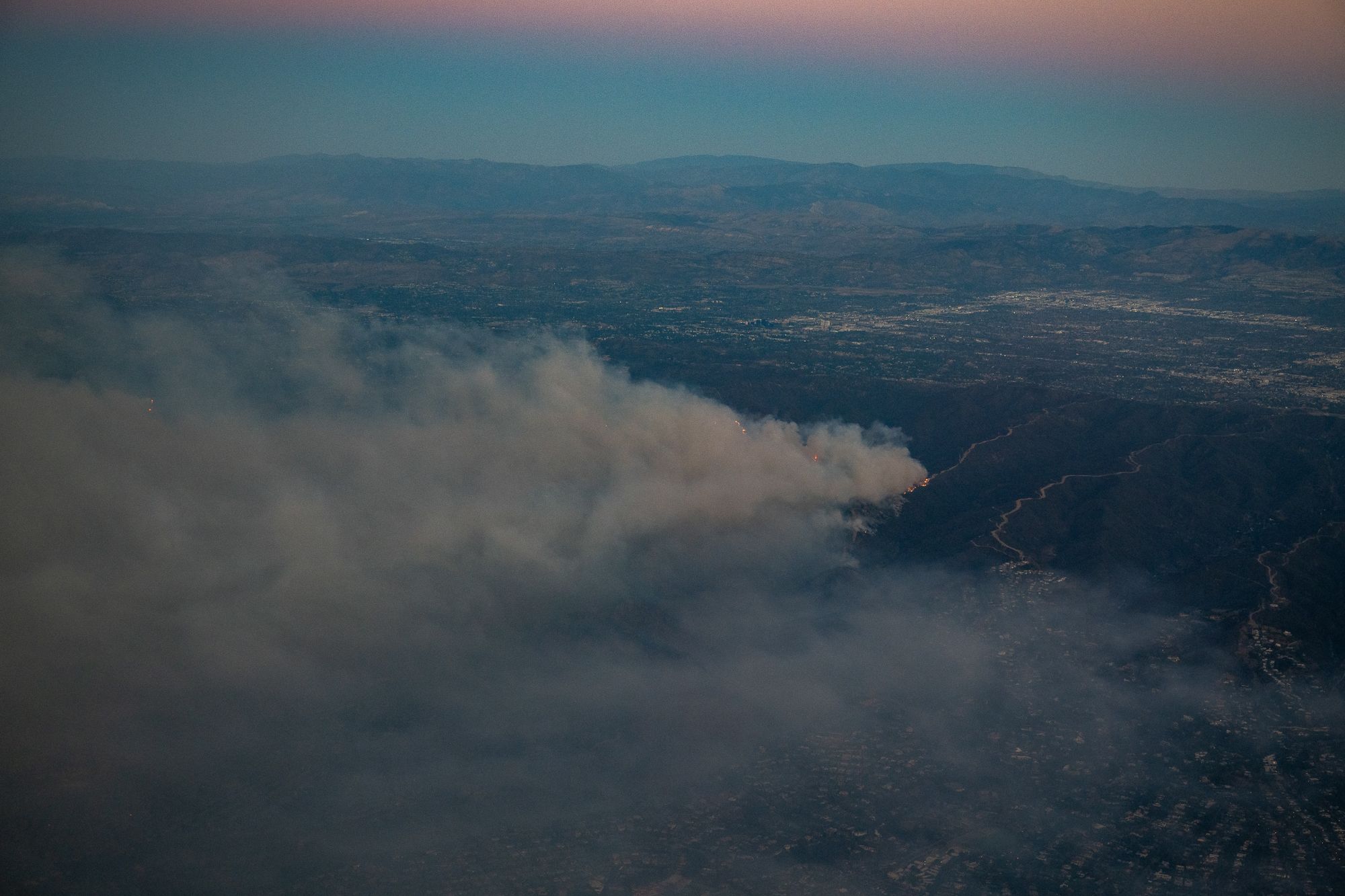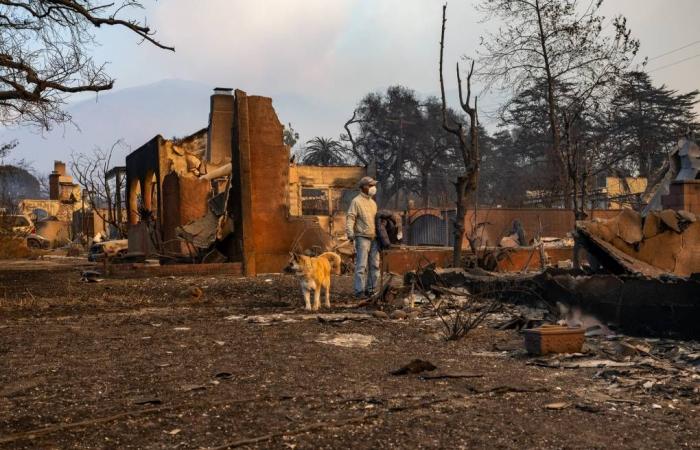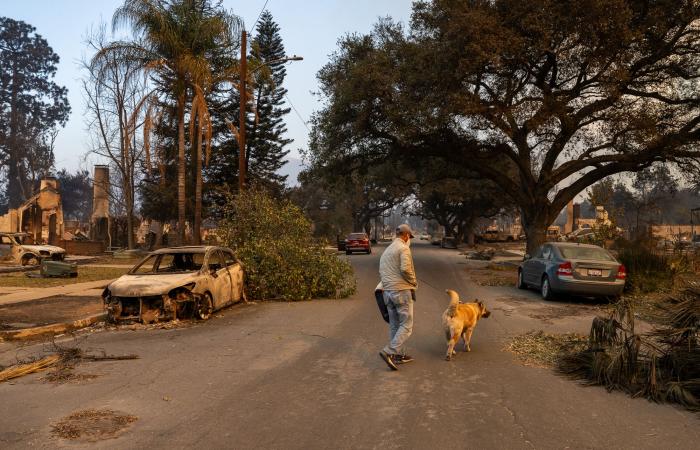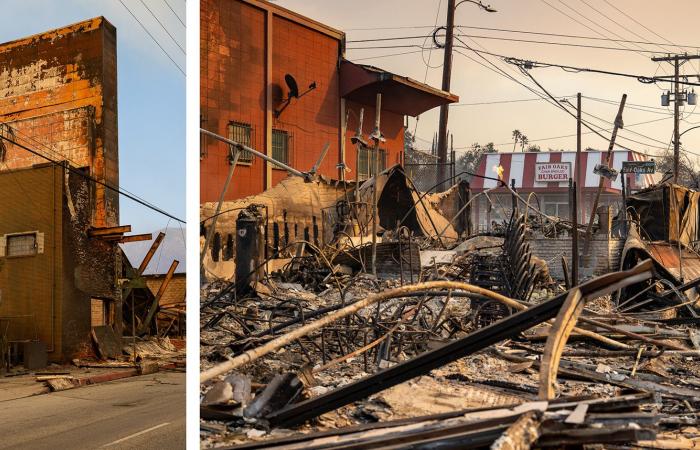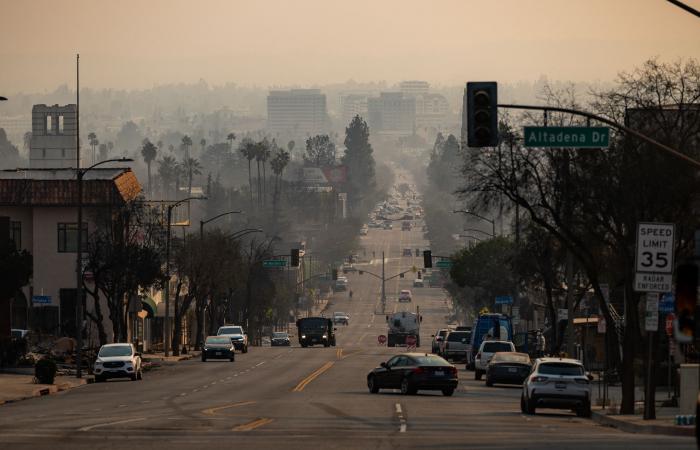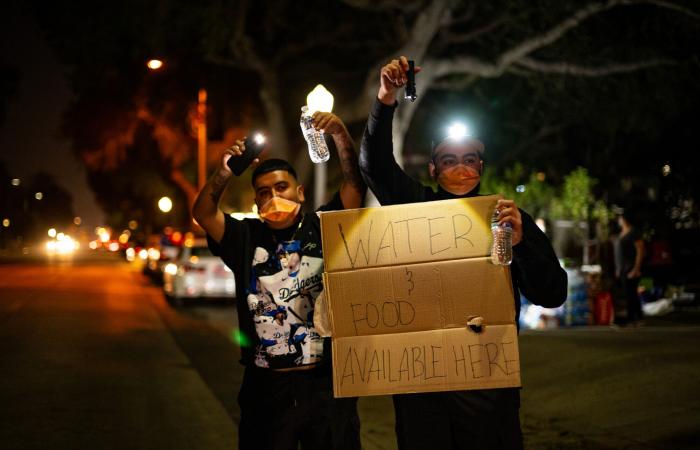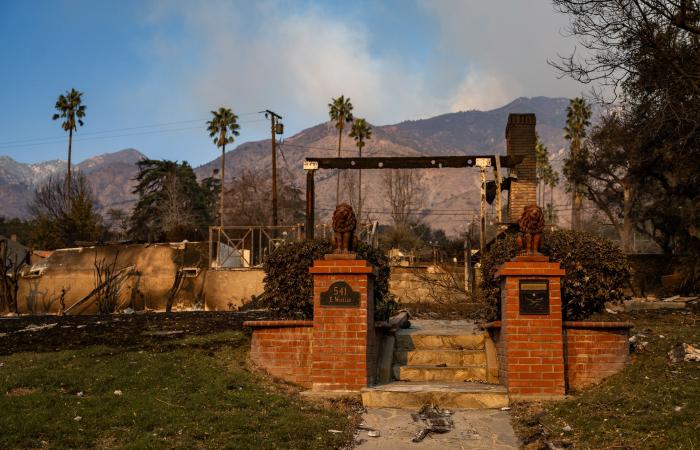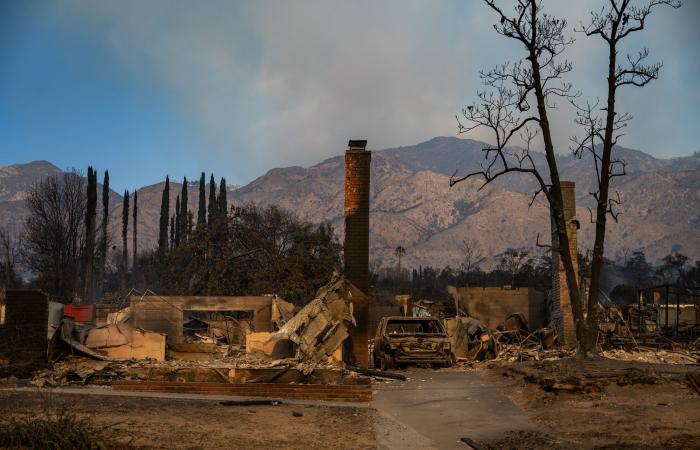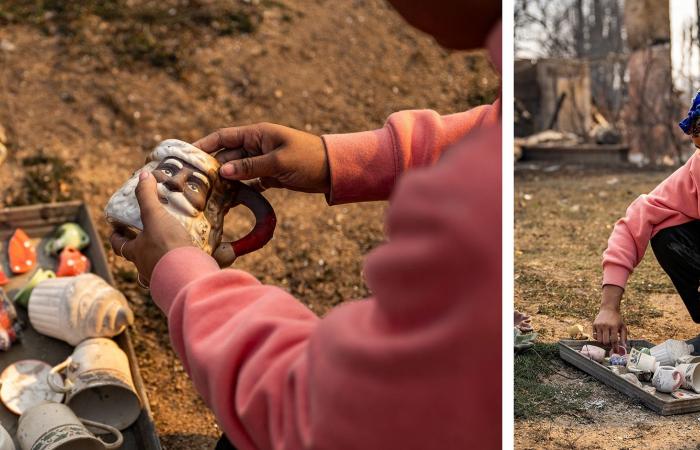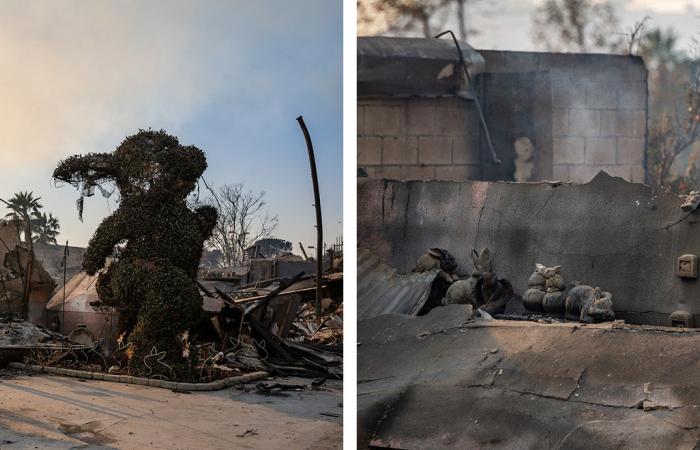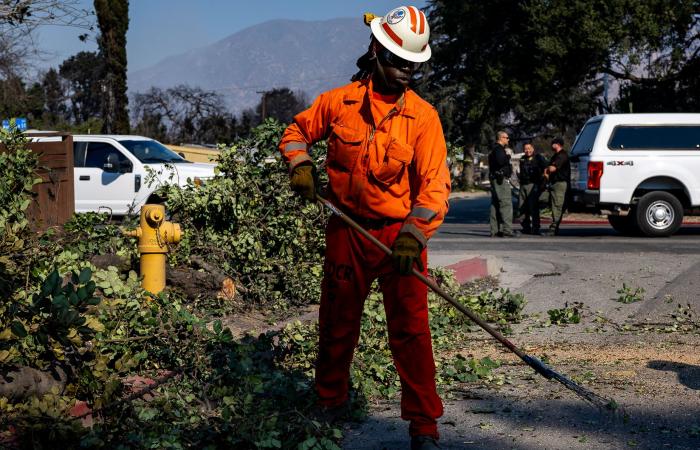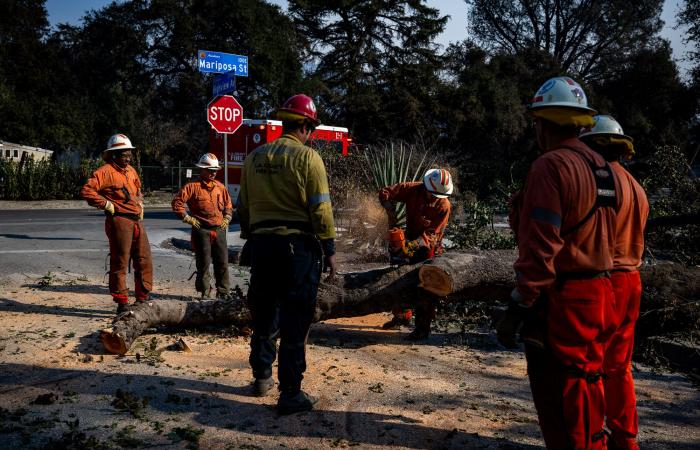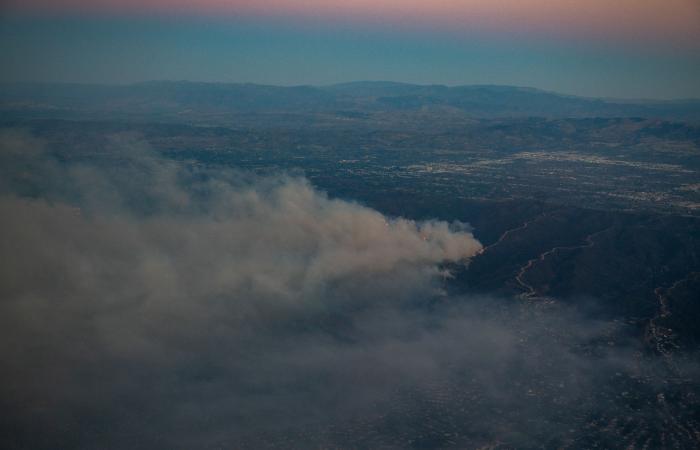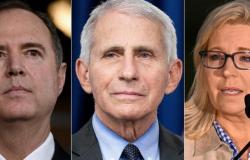I have friends and family members who live in each of the affected areas, or lived there growing up, before they moved elsewhere in California. They tell me they feel like a part of them has been erased. They worry their private memories will fade on them, especially if they never digitally recorded certain sights and have lost print photographs and physical memorabilia. Then there are the sounds and smells that one can get only by being in a place.
The insurance companies will want passports and birth certificates; what fire victims want from the past is much more personal.
Collectively, we’ve all had our heads in the sand, saying after every terrible event, and there have been so many, “Now is the time we get serious about refreshing our emergency response plans, our building codes, our zoning ordinances, our housing and insurance markets.” This happens year after year after year. I want to believe the Palisades and Eaton fires will be enough to force us to get serious, but years of reporting on our failures to get serious make me skeptical.
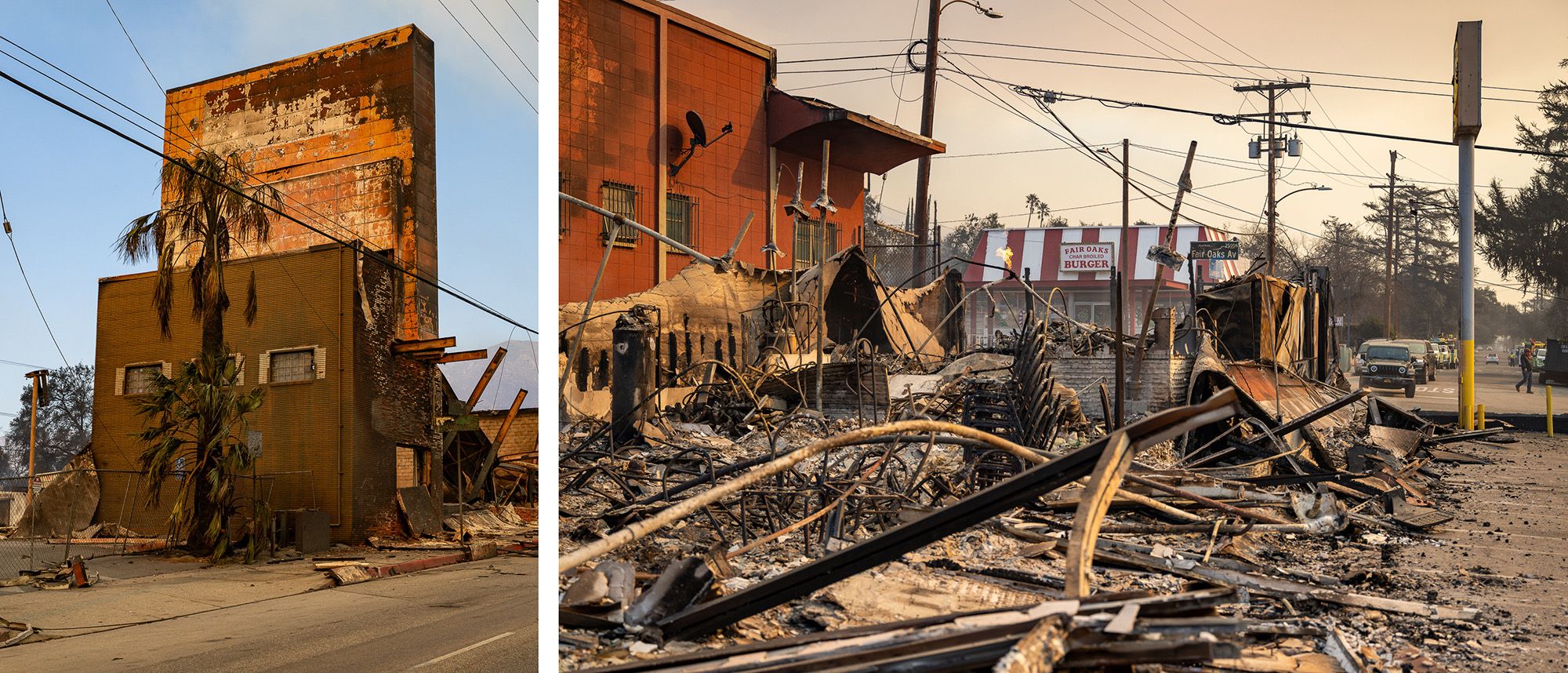
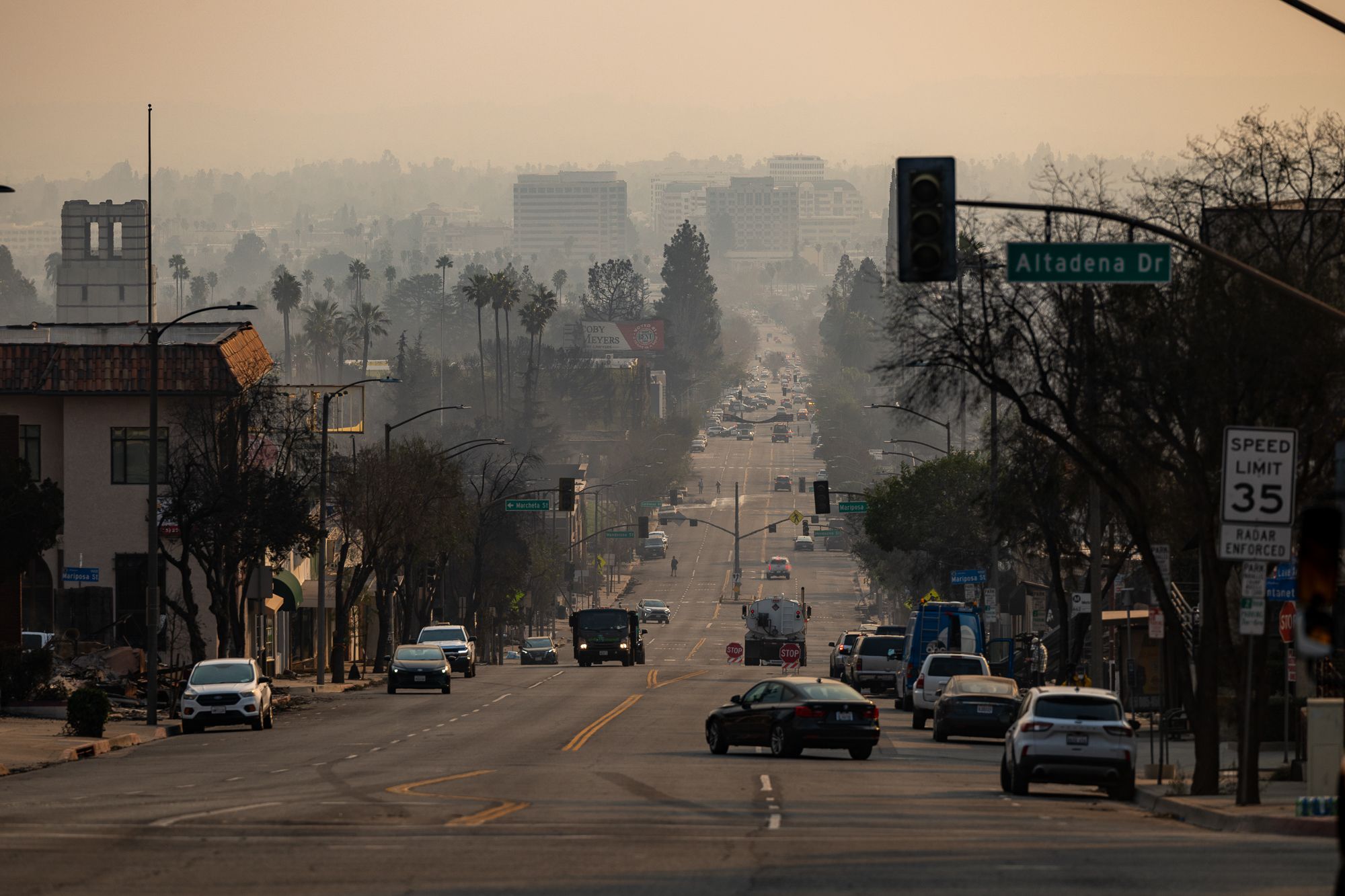

One of the most heartening things about covering the aftermath of a wildfire is seeing the community come together. People are terribly sorry to lose their homes, their pets, their belongings. But they’re also sorry to lose their neighbors and that sense of community you have when you know who’s next door.
In the weeks, months, years to come, the neighborhoods as people have known them, will not go back to what they were before. Some families will be unable to rebuild for financial reasons, often because the current owners inherited the house from their parents or grandparents, who bought the house when it was much, much cheaper than it is now.
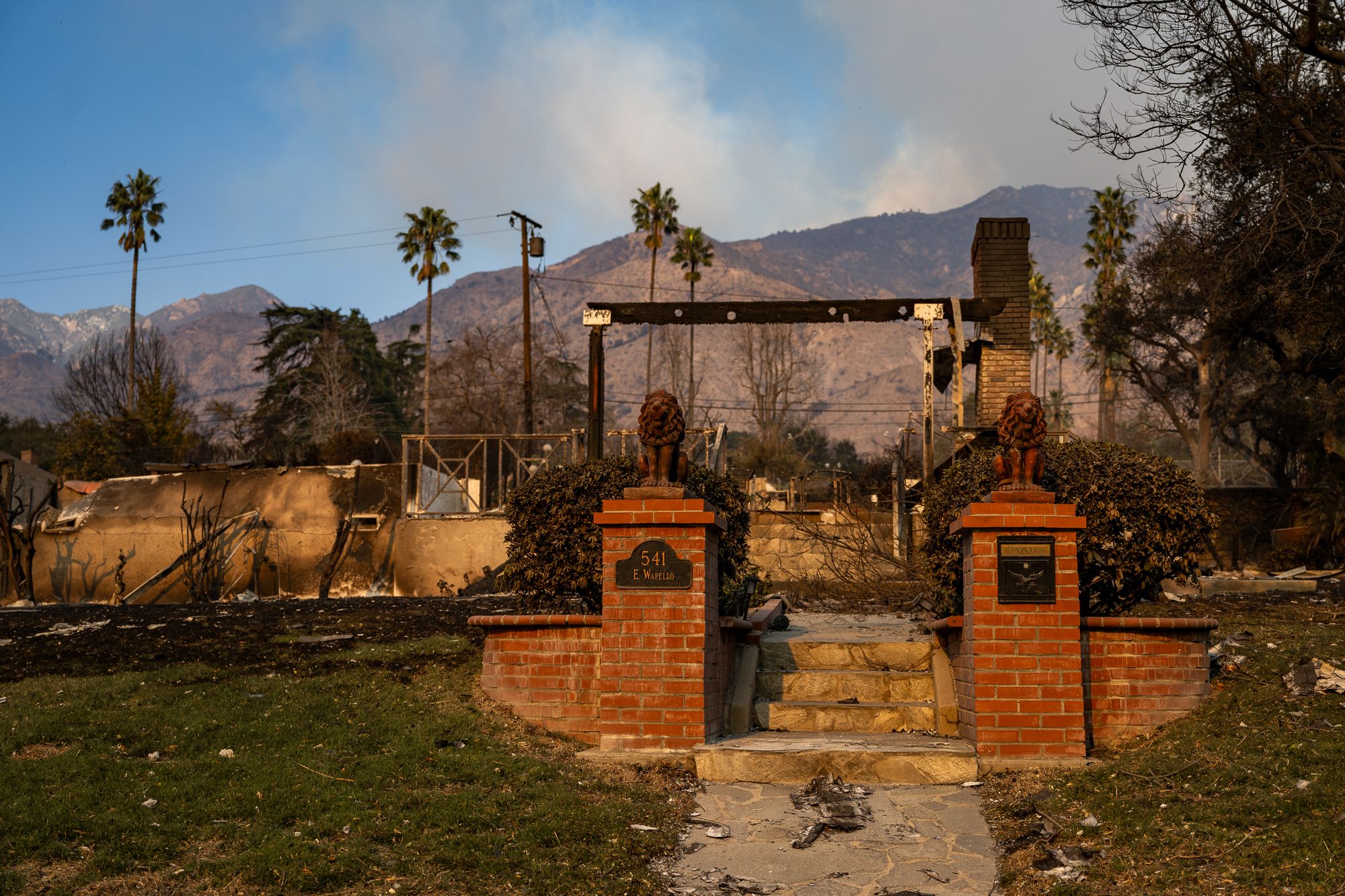
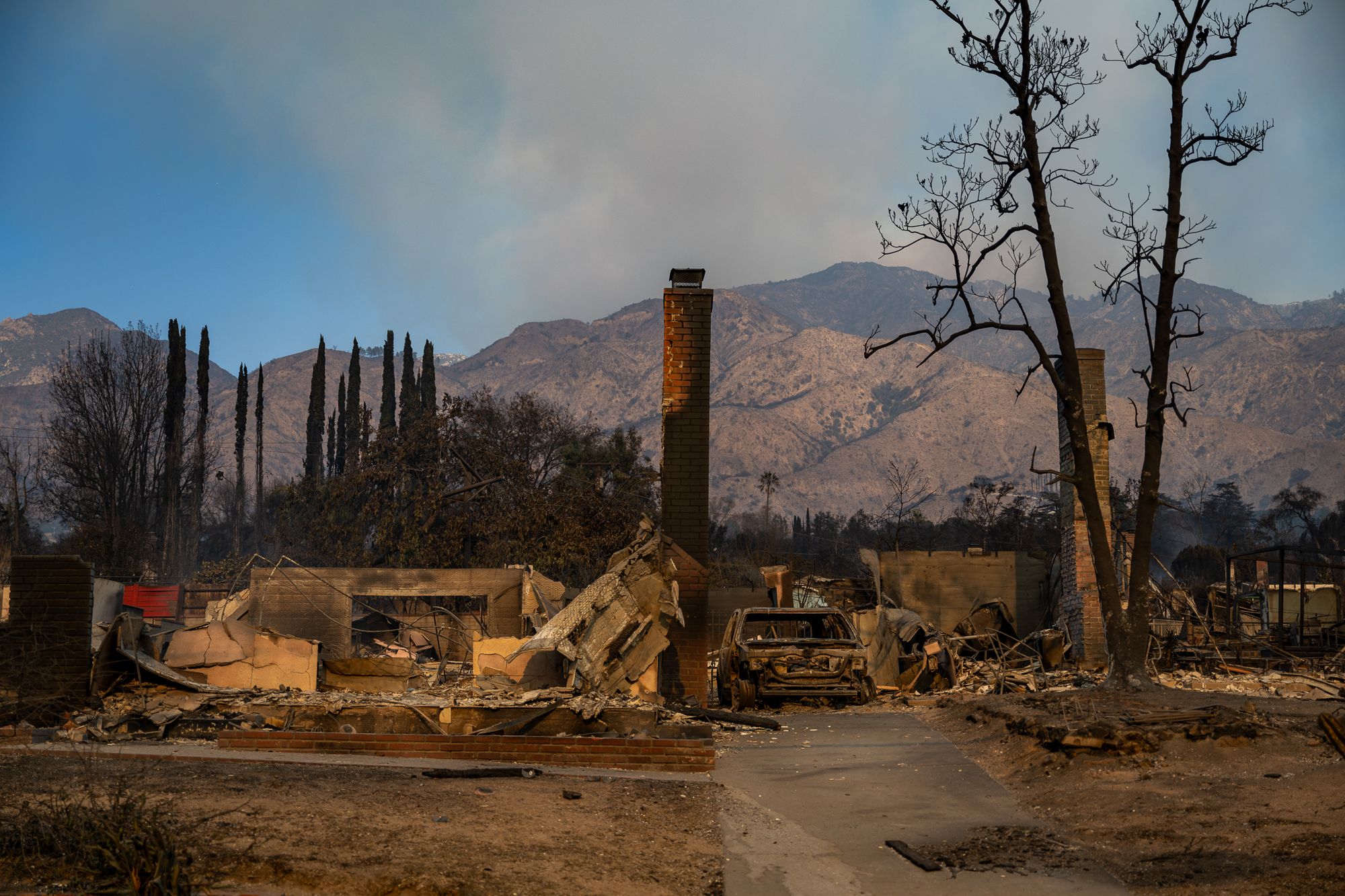
Some families will be able to rebuild, but that will involve months or years of construction while they live somewhere else. Many families will find that rent is so expensive in L.A. County that they simply have to move elsewhere to have a place to live in the short to long term.

I feel their grief so deeply. I get to channel my sympathy into stories I share with the rest of the country, and that allows me to approach this grief clinically, like a doctor or an engineer, for now. I don’t want my personal grief to get in the way of being of service for others. But at some point, when the neighborhood schools, churches, cafes, art galleries, pizza joints stop smoldering, when I can stop checking the wind speeds and humidity levels in the air, the grief will come knocking again. ‘Hey, we need to talk.’

Wildfire survivor and activist Jeff Okrepkie told KQED, “Everyone’s method of going through this and coping with it is going to be different.”
His parting piece of advice was this: “Do not go through it alone. Find a group that you can go through this together with.”
